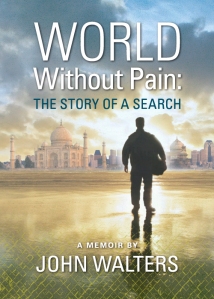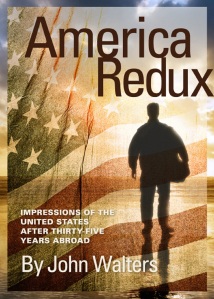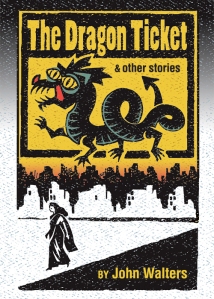This is a very topical book. As I write this in mid-2018, it is exceedingly relevant. However, it is also universal and timeless. Although it’s obviously a reaction to the present state of chaos in the United States – and the writer makes it clear that it is – it manages to make its point while hardly mentioning the current political players. Ultimately, it’s reassuring; at least that’s the effect it has on me. It let me know that this sort of thing has happened before and it has been overcome and defeated by the noble aspirations that have shaped this nation.
The “better angels” in the title is a reference to the first inaugural speech by Abraham Lincoln in 1861 in which he says, “We are not enemies, but friends. We must not be enemies. Though passion may have strained it must not break our bonds of affection. The mystic chords of memory, stretching from every battlefield and patriot grave to every living heart and hearthstone all over this broad land, will yet swell the chorus of the Union, when again touched, as surely they will be, by the better angels of our nature.”
To reassure his readers that the nobler ideals of America will ultimately prevail, Meacham takes us through a history of the presidency, pointing out some of the unworthy and ineffective examples but focusing on key moments when honorable, courageous, albeit imperfect and deeply flawed men, stood up and used the burden and power of the presidential office to effect change for the better. He speaks of Lincoln, of course, who despite the trauma of the Civil War and much opposition stood firm for the emancipation of the slaves. He writes of Ulysses S. Grant and his struggles with the post-Civil War Ku Klux Klan, about the exuberant Teddy Roosevelt and the vision of the United States as a great melting pot of immigrants, of Woodrow Wilson and the struggle for women’s suffrage, of Franklin D. Roosevelt and the reforms of the New Deal during the Great Depression. Meacham doesn’t try to sugar-coat the issues, though, or present these men as shining saints. He brings out their defects as well. Teddy Roosevelt, for instance, was a tremendous egoist and believed in white superiority. F.D.R. has the deep stain of the internment camps for Japanese Americans during World War II to his shameful record. Meacham emphasizes that despite their flaws and mistakes, these men rose to the occasion during crucial historical times and stood up for the American democratic ideal.
There is a long section on one of the sordid periods of American history: the time of Joseph McCarthy and the Communist paranoia that gripped the nation at his instigation. The parallels to the present illogical paranoia about immigrants are uncanny. McCarthy seldom bothered with facts in his analyses of social situations; instead, he used exaggerations, distortions, and outright lies. Eventually his hyperbole caught up with him and he died in alcoholic disgrace.
The final major presidential story in the book concerns Lyndon Johnson and his struggles to attain equal rights under the law for African Americans. He ascended to the office unexpectedly upon the assassination of John F. Kennedy. At the time, Kennedy had left a civil rights bill in Congress. Johnson decided that regardless of personal political ramifications he would see that bill become law. He further fought for and had passed a voting rights act. In seeing these measures through to completion, he worked closely with Dr. Martin Luther King, Jr., who at the same time was crusading for civil rights. Meacham outlines the situation in the South at that time and King’s crusade in relation to the controversial decisions that Johnson, a southerner, made in the White House.
All in all, though this book deals with some of the most sordid episodes of American history, it is ultimately comforting. It brings out that the ideals for which the country was founded have always prevailed despite the machinations of petty men, and ultimately hints that they will continue to prevail.
































